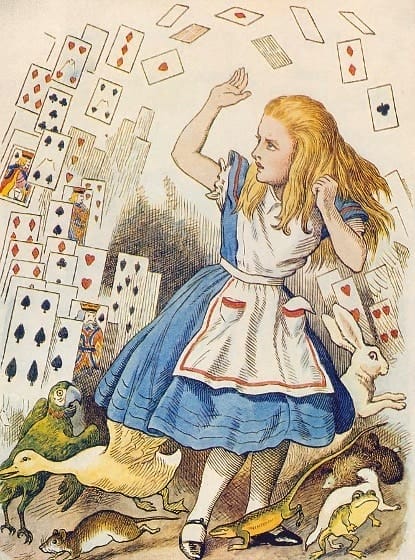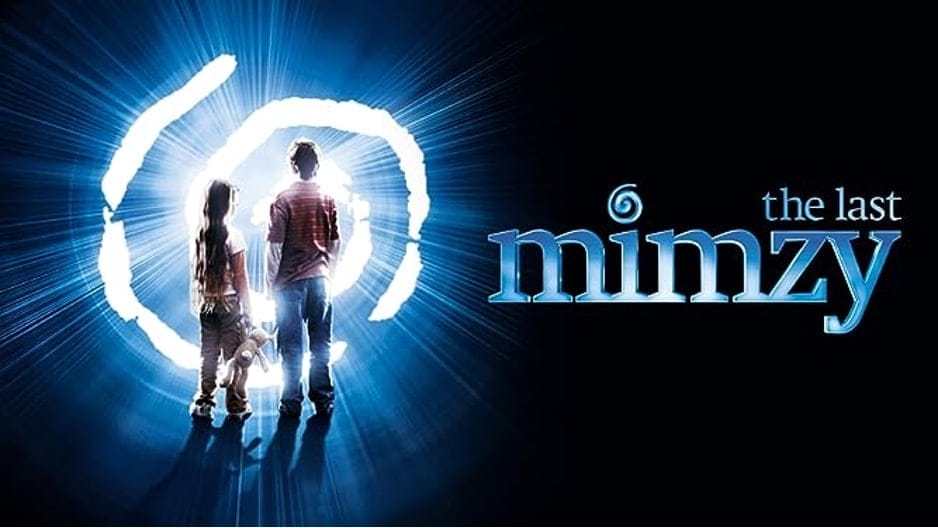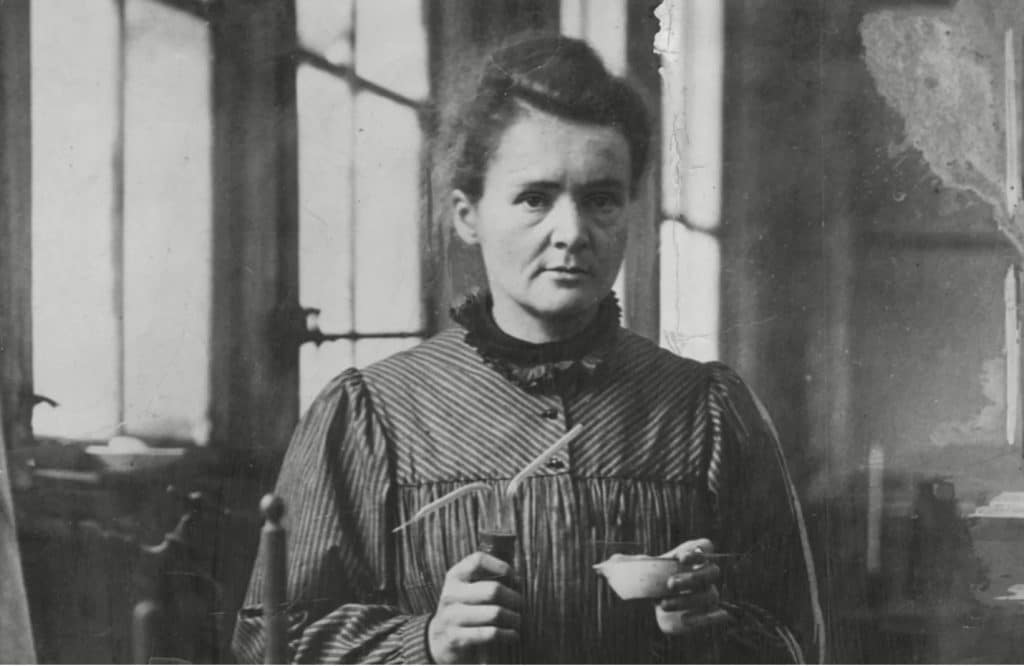
In the annals of literature, Lewis Carroll's "Alice in Wonderland" occupies a special realm. Beyond its apparent whimsy and fantasy, the tale of a young girl's journey into a fantastical world carries profound reflections of the stages and struggles women have encountered throughout history. This reflection grows even more evident when we explore adaptations and references to Alice across diverse forms of media and popular culture.
In the Victorian era when societal norms tightly defined women's roles, Carroll's original Alice emerged as a beacon of curiosity and courage. Thrust into a world that defied her reality, Alice challenged expectations, questioned the absurdities of Wonderland, and asserted herself against constraints. This defiance could be interpreted as a representation of the awakening of women's voices, as they began to question the societal confines and patriarchal systems that had long governed their lives.
A contemporary reimagining of Alice's journey is found in Frank Beddor's "The Looking Glass Wars" series. In this rendition, Wonderland transforms into a battleground, and Alice evolves into a warrior princess fighting not just for her place but her queendom. Here, Alice embodies the spirit of historical women who engaged in power struggles against oppressive systems. Echoes of Joan of Arc and suffragettes resonate as this version of Alice refuses to be sidelined, demanding her power and instigating transformative change.

American McGee's "Alice" offers a darker perspective, portraying a twisted and decaying Wonderland that mirrors the historical pathologizing and silencing of women. As women were labeled "hysterical" and dismissed, Alice's journey becomes a metaphor for reclaiming agency over her narrative and mental health. This echoes the modern feminist movement's push to destigmatize discussions about women's mental well-being and dismantle the silencing mechanisms that have persisted for centuries.
"The Last Mimzy" infuses elements of Wonderland as a stuffed rabbit bearing extraordinary powers affects the lives of two children. Symbolically, it reflects the potential of the feminine to bring about transformation. Throughout history, women have been both caregivers and catalysts for change, nurturing growth and evolution at familial and societal levels. This interpretation of Alice resonates with women's roles in shaping the future and driving progress.
In the recent TV series "Alice in Borderland," characters navigate a dystopian world of life-threatening games. While not a direct adaptation, the essence of Alice shines through as characters struggle to retain their identities in a hostile environment. This mirrors women's historical fights for voting rights, workplace equality, and societal recognition. Their unwavering resilience, akin to the characters' determination, highlights the lengths women go to surmount systemic challenges.

The theme of transformation inherent in Alice's journey underlines the various interpretations. It resonates with the struggles, challenges, and triumphs women have encountered through time. From the stifled Victorian woman to the trailblazers of the suffragette movement, from the marginalized 'hysterical' voices to the empowered voices of feminism, Alice's odyssey mirrors them all.
Furthermore, the motif of "down the rabbit hole" encapsulates women breaking barriers, defying norms, and entering uncharted territories. Whether it's breaking the glass ceiling, advocating for equal rights, or challenging societal conventions, the 'rabbit hole' embodies the profound, intricate journey women embark upon.
Like Alice, generations of women have embarked on journeys that defy expectations and challenge the status quo. The suffragettes of the early 20th century, for example, boldly demanded the right to vote, challenging deeply ingrained gender norms that relegated women to the domestic sphere. These women, like Alice, courageously ventured into unfamiliar and often dangerous territory, fighting for their voices to be heard in a world where they were often silenced.

In the world of science, Marie Curie made groundbreaking discoveries despite the prevailing gender biases of their time. A brilliant physicist and chemist, Curie developed the theory of radioactivity (a name she coined), discovered polonium and radium using methods she invented, and developed mobile X-ray units during World War I, saving countless lives. Marie Curie was the first woman to win a Nobel Prize, the first person to win two Nobel Prizes, and the only person to win a Nobel Prize in two different fields (Physics and Chemistry). Curie's pioneering work not only expanded our understanding of the physical world but also shattered stereotypes about women's intellectual capabilities. Alice's exploration of Wonderland, as she delved into the mysterious and uncharted realms of science, is reminiscent in spirit of Marie Curie’s world-changing work in the previously unknown depths of science.

In 1928, Amelia Earhart became the first woman to cross the Atlantic Ocean as a passenger and completed another landmark achievement when she became the first woman to complete a solo, nonstop transatlantic flight. Earhart immediately became a worldwide celebrity and was dubbed the “Queen of the Air” by the press. She helped to popularize the pursuit of aviation and was among the first people to campaign for commercial flights. She made several other record-setting flights and became a hero to millions and a feminist icon. A member of the National Women’s Party and supporter of the Equal Rights Amendment, Earhart was a tireless advocate for social change Earhart was not beholden to what others thought was possible or “proper” for women, serving as an inspiration for future generations. Earhart’s courage, imagination, and perseverance are qualities shared by Alice, who questioned authority and dared to take the road less traveled.

During the civil rights movement, NAACP activist Rosa Parks defied racial segregation in the United States by refusing to give up her bus seat to a white passenger. Her courageous act served as an essential symbol of the broader civil rights movement and sparked the Montgomery Bus Boycott, which led in part to the end of bus segregation in the United States. Revered as an international icon, Parks received the Presidential Medal of Freedom, the Congressional Gold Medal, and has been honored by Congress as “the mother of the freedom movement.” Parks' defiance challenged the oppressive norms of her time and her courage to stand up for what’s right continues to serve as an important example to all. While the context is quite different, Alice's refusal to adhere to the Queen of Hearts' unreasonable demands represents the conviction and bravery to stand up for one’s beliefs and to not back down in the face of seemingly overwhelming power.
These women, and countless others, embody the spirit of Alice as they ventured down their own rabbit holes, seeking to redefine boundaries and rewrite the rules. Their stories inspire us to challenge unfair limits imposed by society, to question unjust norms, and to forge ahead into uncharted territories.
"Alice in Wonderland" transcends its fantastical façade to mirror the stages of women's history. Whether through explicit adaptations or subtle nods in modern media, Alice's odyssey stands as a testament to the indomitable spirit of women—their struggles, victories, and ceaseless journey towards a brighter future. As we delve into these interpretations, Wonderland's chaos and charm reveal themselves as a mirror to our world and women's timeless voyage through its ever-evolving terrain. Just as Alice dared to venture through the looking glass, women throughout history have ventured beyond the confines of convention, carving a path toward equity and empowerment.